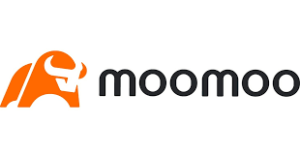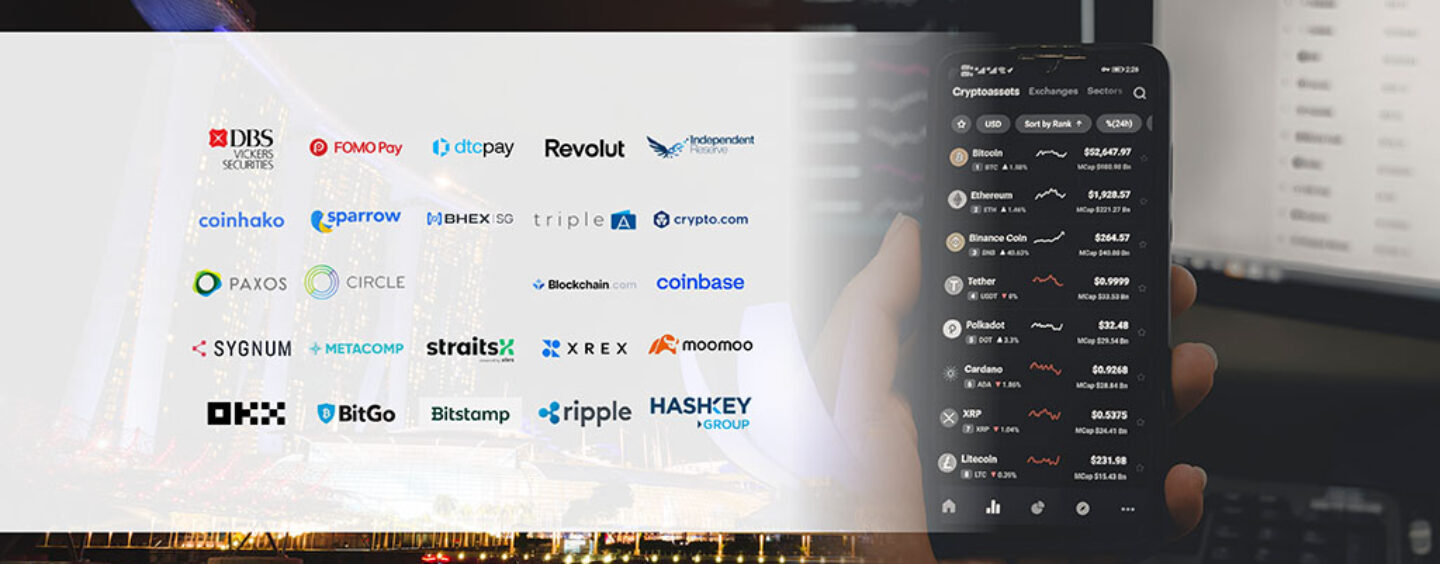
Here Are All The Licensed Crypto Services Providers in Singapore
by Fintech News Singapore January 25, 2024On January 14, 2019, the Singapore Parliament passed its comprehensive Payment Services Act (PS Act), replacing the former Payment Systems Oversight Act and Money-Changing and Remittance Businesses Act to broaden the scope of regulated payment activities to include emerging trends and industries like digital assets and cryptocurrencies.
The legislation, which aims to provide regulatory certainty and consumer safeguards about payment activities, all the while encouraging innovation and growth of payment services and fintech, regulates seven services: account issuance, domestic money transfers, cross-border money transfers, merchant acquisition services, e-money issuance, money-changing, and so-called digital payment token (DPT) services.
It also lays out a modular licensing framework comprising three different license classes. Each license allows the holder to conduct multiple specific payment services.
The Money-Changing License will enable businesses to conduct money-changing services; the Standard Payment Institution License allows them to conduct multiple payment services below specified thresholds, and the Major Payment Institution License allows businesses to conduct multiple payment services without any transaction volume or float limits.
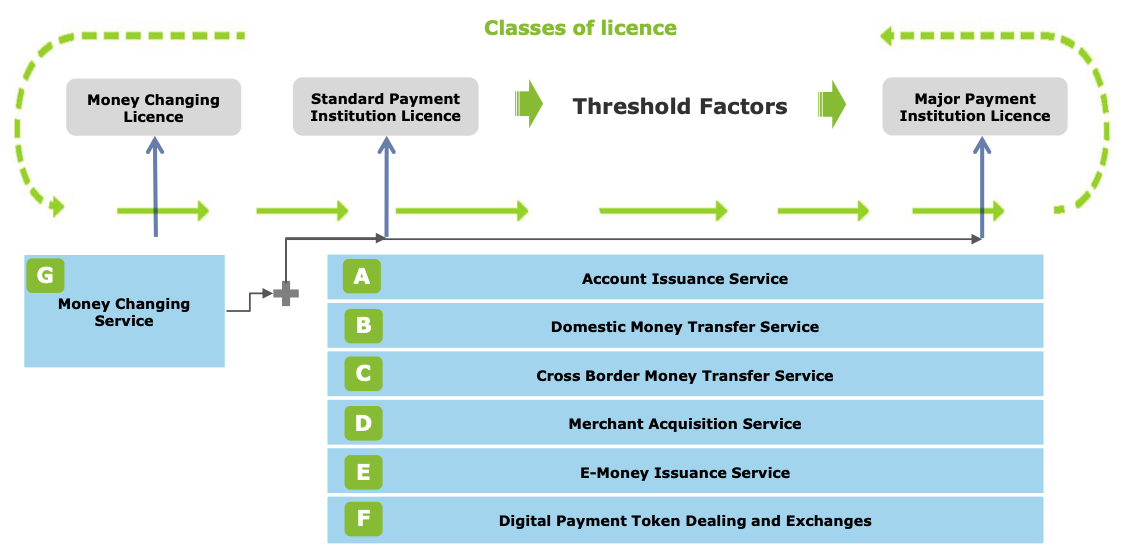
Singapore’s Payment Services Act licensing framework for payment service providers, Source: Deloitte, 2019
Since the PS Act came into effect on January 28, 2020, the Monetary Authority of Singapore (MAS) has received over 580 applications for payment services licenses and completed the review of more than half of them, MAS board member Alvin Tan said on April 4, 2022.
He added that 87 applications had been approved, 11 were rejected, and 147 entities withdrew their applications. Around 179 entities remained exempted from licensing and are still awaiting regulatory review.
Data from MAS’ Financial Institutions Directory show that as of August 01, 2022, 231 Money-Changing, 13 Standard Payment Institutions, and 175 Major Payment Institution licenses had been issued. Of these, only ten companies were permitted to provide DPT services.
In addition, desk research suggests that at least four companies have received in-principle approval for either a Standard or Major Payment Institution license.
These figures suggest that despite early claims that a clear regulatory framework would provide a solid foundation for Singapore to consolidate its position as Asia’s crypto hub and allow the nation to see the emergence of a thriving crypto sector, the rules have weeded out an awful lot of startups, among which Binance and Huobi.
Further highlighting Singapore’s changing stance towards crypto businesses, several new rules have been introduced this year, which forbid DPT service providers to promote their services to the general public and require crypto service providers in the city-state that only do business overseas to be licensed regardless.
In May 2023, the MAS released a Consultation Paper on amendments to the Payment Services Regulations 2019, introducing new measures for Digital Payment Token (DPT) services, including a requirement for customer asset safekeeping under statutory trust.
The move aims to protect against financial crime and loss, particularly in digital fraud, and includes broadening DPT service definitions and enhancing Anti-Money Laundering (AML) protocols such as Customer Due Diligence and transaction monitoring.
Furthermore, the MAS’s recent proposals, effective mid-2024, set stringent guidelines for DPT service providers, focusing on conflict-of-interest management, listing criteria, complaint handling, and customer risk awareness.
Per FATF (Financial Action Task Force) standards, compliance with the Travel Rule mandates DPT services to share client information for transactions, ensuring further safety in digital transfers. Entities providing DPT services before 28 January 2020 are temporarily exempted from licensing under specific conditions.
Providers must segregate and protect customer assets under a statutory trust, ensuring operational independence from other business units, thereby reducing asset loss risks and facilitating asset recovery in insolvency cases.
In November 2023, MAS mandated that DPT service providers stop accepting credit card payments from local issuers, aiming to curb cryptocurrency speculation among retail clients. This is part of MAS’s broader strategy to strengthen consumer safeguards and mitigate risks in the digital currency domain.
Following its latest feedback publication on DPT regulations, MAS has introduced rules focusing on business conduct and technology risk management. These rules require DPT providers to manage conflicts of interest, maintain clear DPT listing policies, and have robust customer complaint-handling processes.
Additional measures include prohibiting trading incentives and credit card payments, demanding a thorough assessment of customers’ risk awareness and net worth, and restricting financing or leverage offerings.
Singapore’s nineteen licensed crypto services providers
As of 24 January 2024, MAS had given the green light to 19 crypto service providers. These entities comprise 17 Major Payment Institution licensees and two Standard Payment Institution licensees.
Seventeen Major Payment Institutions permitted to provide DPT Services

DBS Vickers Securities is a securities and derivatives brokerage firm owned by DBS that allows clients to invest in stock exchanges, initial public offerings (IPOs) and private placements. It’s also the operator of the DBS Digital Exchange, a provider of member-only exchanges offering professional investors with access to digital assets such as security tokens and crypto.
dtcpay formerly known as Digital Treasures Center (DTC) is an enterprise solutions provider offering merchants online services for accepting digital payment solutions, including payment settlement, debit cards, digital wallets, and cryptocurrencies.
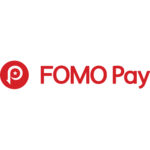
FOMO Pay provides a digital payment processing platform that allows merchants and financial institutions in emerging markets to accept a full suite of mobile payments, including cryptocurrencies.

Independent Reserve is a regulated crypto exchange serving over 200,000 customers in Australia, New Zealand, and Singapore.

Revolut is a digital bank from the UK that’s looking to introduce DPT services in Singapore soon, including the ability for local customers to buy, sell, and hold cryptocurrencies.

Sparrow Tech Private offers digital asset products and solutions. These include enabling PayNow transactions for institutional and high-net-worth clients who buy and sell cryptocurrencies using fiat on its trading platform, as well as working with financial institutions and family offices to design bespoke digital asset solutions.
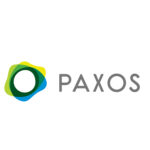
Paxos is a New York-headquartered financial institution and technology company specialising in blockchain technology. The company’s product offerings include a cryptocurrency brokerage service, asset tokenisation services, and settlement services. Its subsidiary, Paxos Digital Singapore, has gained in-principle approval from MAS to offer digital payment token services and is set to issue a USD-backed stablecoin, compliant with the country’s proposed stablecoin regulatory framework.

Hako Technology operates the Coinhako crypto exchange platform, which allows investors to buy and sell cryptocurrencies using various payment methods including bank transfers and credit cards.

MetaComp, formerly known as Cyberdyne Tech Services, will now be able to offer an end-to-end suite of digital asset services to corporates, as well as traditional and crypto-native institutional investors.
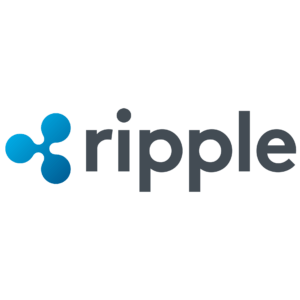
Ripple operates a blockchain-based digital payment network and protocol, primarily recognised for its native cryptocurrency, XRP.
 Upbit, operated by Dunamu, is a digital asset exchange based in South Korea, which is active in Singapore, Indonesia, and Thailand. The platform supports cryptocurrency trading, including Bitcoin and Ethereum, and provides a web interface, mobile applications, an NFT marketplace, and staking services.
Upbit, operated by Dunamu, is a digital asset exchange based in South Korea, which is active in Singapore, Indonesia, and Thailand. The platform supports cryptocurrency trading, including Bitcoin and Ethereum, and provides a web interface, mobile applications, an NFT marketplace, and staking services.

Crypto.com is a crypto exchange headquartered in Singapore that supports trading, investing, staking, wallets, non-fungible tokens (NFTs), and more. It claims 50 million customers.
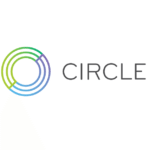 Circle is a financial technology company that uses blockchain technology for its peer-to-peer payments and cryptocurrency-related products, enabling businesses and individuals to use digital currency. The company is headquartered in Boston, Massachusetts.
Circle is a financial technology company that uses blockchain technology for its peer-to-peer payments and cryptocurrency-related products, enabling businesses and individuals to use digital currency. The company is headquartered in Boston, Massachusetts.
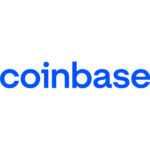
Coinbase is a digital asset exchange company initially headquartered in San Francisco, California, and has become a remote-first company. They broker exchanges of Bitcoin, Ethereum, Solana, and other digital assets.

Blockchain.com, formerly known as Blockchain.info, is based in London, England. It has cryptocurrency trading services, a blockchain wallet for storing digital currencies, lending services, and various data creation systems for the blockchain economy.
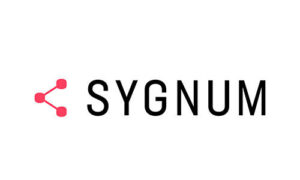
Sygnum is a digital asset technology group with a Swiss banking license and a Singapore Capital Markets Services (CMS) license.
Its products and services include a digital asset management platform, a digital currency trading platform, and a range of other products and services.
StraitsX provides digital asset payment infrastructure in Southeast Asia, issuing StraitsX SGD and StraitsX USD. These will become “MAS-regulated stablecoins” following legislative amendments.
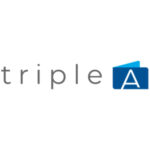
Triple A Technologies provides a white-label crypto payment solution, serving e-commerce merchants, retailers, game providers, payment services providers, fintech companies, marketplaces and tech companies.
One Standard Payment Institution permitted to provide DPT Services
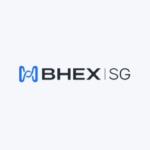
BHOP Consulting runs BHex, a financial decentralized digital asset trading platform. The company provides crypto assets, as well as custody and clearing infrastructure services.
At least six crypto companies have received in-principle approval
BitGo Inc., based in Palo Alto, California, provides regulated custody, lending, and infrastructure services to over 1,500 institutional clients across 50 countries. The company also offers crypto education, instant buying, staking, and investor protection features. Moomoo enables investments in stocks, ETFs, and American depositary receipts, with trading options in the US, Hong Kong, and China. The firm is operational in the US, Malaysia, and Australia. XREX Singapore, a blockchain-based fintech focused on cross-border payments, is preparing to provide various payment services, such as digital payment tokens. The company is also enhancing its BitCheck tool to facilitate transactions involving fiat, stablecoins, and cryptocurrencies. Bitstamp, a European cryptocurrency exchange established in 2011. Focusing on institutions and intermediaries, such as payment processors and fintechs, Bitstamp aims to strengthen its global regulatory presence, adding to its existing 52 licenses and registrations worldwide. The company claims to be the first cryptocurrency exchange with a significant EU presence to secure such approval in Singapore. Hong Kong-based HashKey Technology Services, the over the counter (OTC) trading division of the HashKey Group and is a Web3 infrastructure developer and virtual asset group. The group provides institutional and accredited investors with spot trading for nearly 40 digital tokens, on/off ramp services, large notional trades, and fast settlement, among other services. Hodlnaut is a Singapore-based fintech startup that allows crypto investors to earn interest on their crypto holdings by lending them to vetted institutions. However, it has withdrawn its Major Payment Institution License application from MAS and halted withdrawals, token swaps, and deposits with immediate effect citing “market conditions” as its reason. Hodlnaut and its directors are currently being investigated by the police for possible cheating and fraud offences. In 2023, the company decided to halt its services in Singapore, withdrawing its previously submitted license application to the MAS and ceasing operations for its Singaporean clientele. Genesis Trading is a blockchain advisory and investment firm headquartered in Singapore called Genesis Asia Pacific Pte. Ltd. The company provides a single access point for digital asset trading, derivatives, borrowing, lending, custody, and prime brokerage services. However, following the fallout from the FTX implosion, the firm halted withdrawals in its lending business and subsequently filed for Chapter 11 bankruptcy. Despite these challenges, Genesis Asia Pacific, a Genesis Group subsidiary, has received in-principle approval to provide digital payment services under Singapore’s Payment Services Act 2019. Despite this, the Monetary Authority of Singapore (MAS) clarified that both Genesis Asia Pacific and Gemini Trust Company, which holds an exemption from licensing, are currently unlicensed. MAS stated that it will consider all significant developments during their licence application assessments. Featured image credit: Edited from Unsplash Editor’s Note: This article was last updated on 25 January 2024 to reflect recent changes in licensing status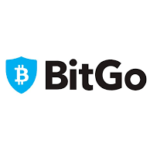

OKX SG Pte. Ltd., the Singapore subsidiary of cryptocurrency exchange and Web3 technology firm OKX, has received in-principle approval from the Monetary Authority of Singapore (MAS) for a Major Payment Institution License. This license allows OKX to offer digital payment token (DPT) and cross-border money transfer services in Singapore, in accordance with the Payment Services Act 2019. With this approval, OKX plans to develop customized products and services tailored to the local market.

Crypto firms that withdrew their license applications

 Luno is a global crypto exchange headquartered in London that serves over 10 million customers across more than 40 countries.
Luno is a global crypto exchange headquartered in London that serves over 10 million customers across more than 40 countries.





